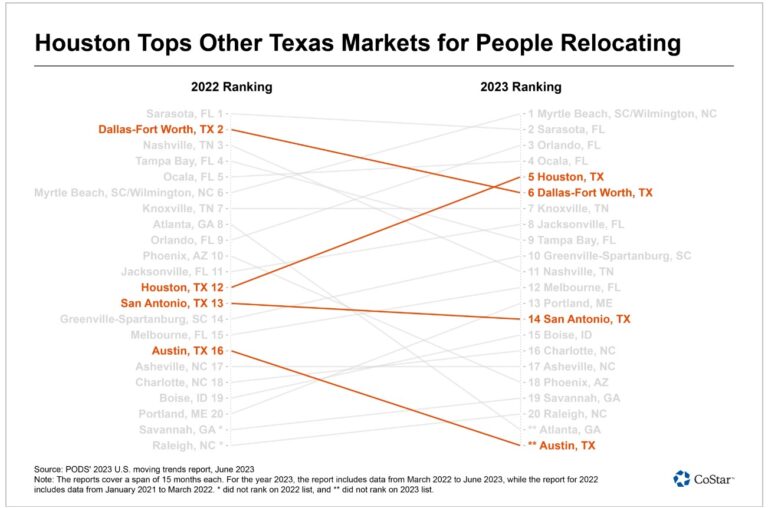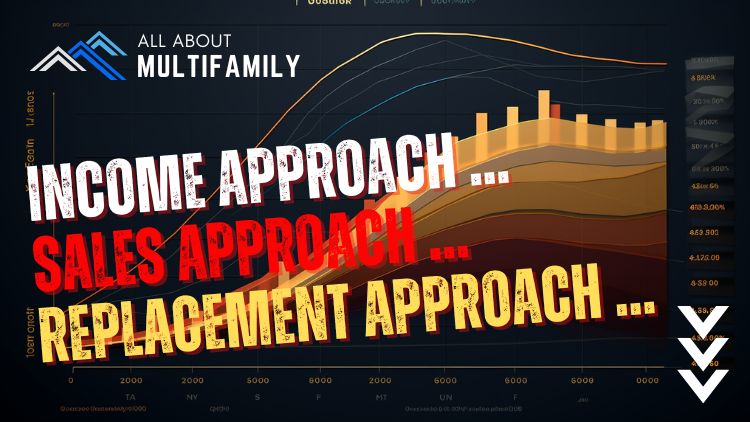The first quarter of 2023 witnessed an uptick in delinquency rates for commercial and multifamily mortgages. This concerning trend raises questions about the stability of the real estate market and highlights the challenges faced by property owners and lenders. In this article, we will delve into the factors contributing to the rise in mortgage delinquencies and discuss the potential implications for the commercial and multifamily sectors.
1. Economic Uncertainty
The increase in mortgage delinquency rates can be partially attributed to economic uncertainty. The global economy has experienced fluctuations, influenced by factors such as inflation, interest rates, and geopolitical events. Uncertainty surrounding these variables can make borrowers more cautious, leading to difficulties in meeting mortgage obligations and an increase in delinquencies.
2. Pandemic Aftermath
The lingering effects of the COVID-19 pandemic continue to impact the real estate market. The pandemic-induced economic downturn, temporary closures, and job losses have affected the financial stability of businesses and individuals. These circumstances have created challenges for commercial and multifamily property owners, resulting in a higher probability of mortgage delinquencies.
3. Market Oversupply
In certain regions, an oversupply of commercial and multifamily properties has contributed to the increase in mortgage delinquency rates. When there is an excess of available properties, owners may struggle to maintain high occupancy rates, leading to cash flow issues and difficulties in meeting mortgage payments. This oversupply scenario can be exacerbated by economic downturns or shifts in market demand.
4. Shifting Market Conditions
Market conditions, including changes in rental rates, property values, and market demand, can impact mortgage delinquency rates. Fluctuations in these factors can affect the financial viability of commercial and multifamily properties, making it challenging for borrowers to meet their mortgage obligations. A decline in rental income or a decrease in property values can increase the likelihood of delinquencies.
5. Impact on Lenders and Borrowers
The rise in mortgage delinquencies has significant implications for both lenders and borrowers. Lenders may face increased financial risks as delinquent loans affect their cash flow and profitability. They may need to allocate additional resources to manage delinquencies, leading to tighter lending standards for future borrowers.
For borrowers, mortgage delinquencies can have severe consequences. Delinquent borrowers may face penalties, damaged credit scores, and even the risk of foreclosure. Property owners may struggle to maintain their properties and meet their financial obligations, jeopardizing their investment and potentially leading to property loss.
In a Nutshell
The increase in delinquency rates for commercial and multifamily mortgages during the first quarter of 2023 highlights the challenges faced by the real estate market. Economic uncertainty, the aftermath of the COVID-19 pandemic, market oversupply, and shifting market conditions have all contributed to this concerning trend. Both lenders and borrowers are impacted, with potential risks to financial stability and property ownership. Monitoring market conditions, implementing effective risk management strategies, and maintaining open lines of communication between lenders and borrowers are essential to address and mitigate the impact of mortgage delinquencies in the commercial and multifamily sectors.














































![An In-Depth Look at Jake and Gino's Coaching Program [A Review]](https://allaboutmultifamilyinvesting.com/wp-content/uploads/2023/10/AAM-BMP-Blog-Covers-750-×-422px-6.jpg)


![Email Marketing Tips for Multifamily Real Estate Syndicators to Raise Capital [Templates included]](https://allaboutmultifamilyinvesting.com/wp-content/uploads/2023/09/AAM-BMP-Blog-Covers-750-×-422px-4.jpg)






![The Richest Kids In America [Book Review]](https://allaboutmultifamilyinvesting.com/wp-content/uploads/2023/09/AAM-BMP-Blog-Covers-750-×-422px-84.jpg)
















